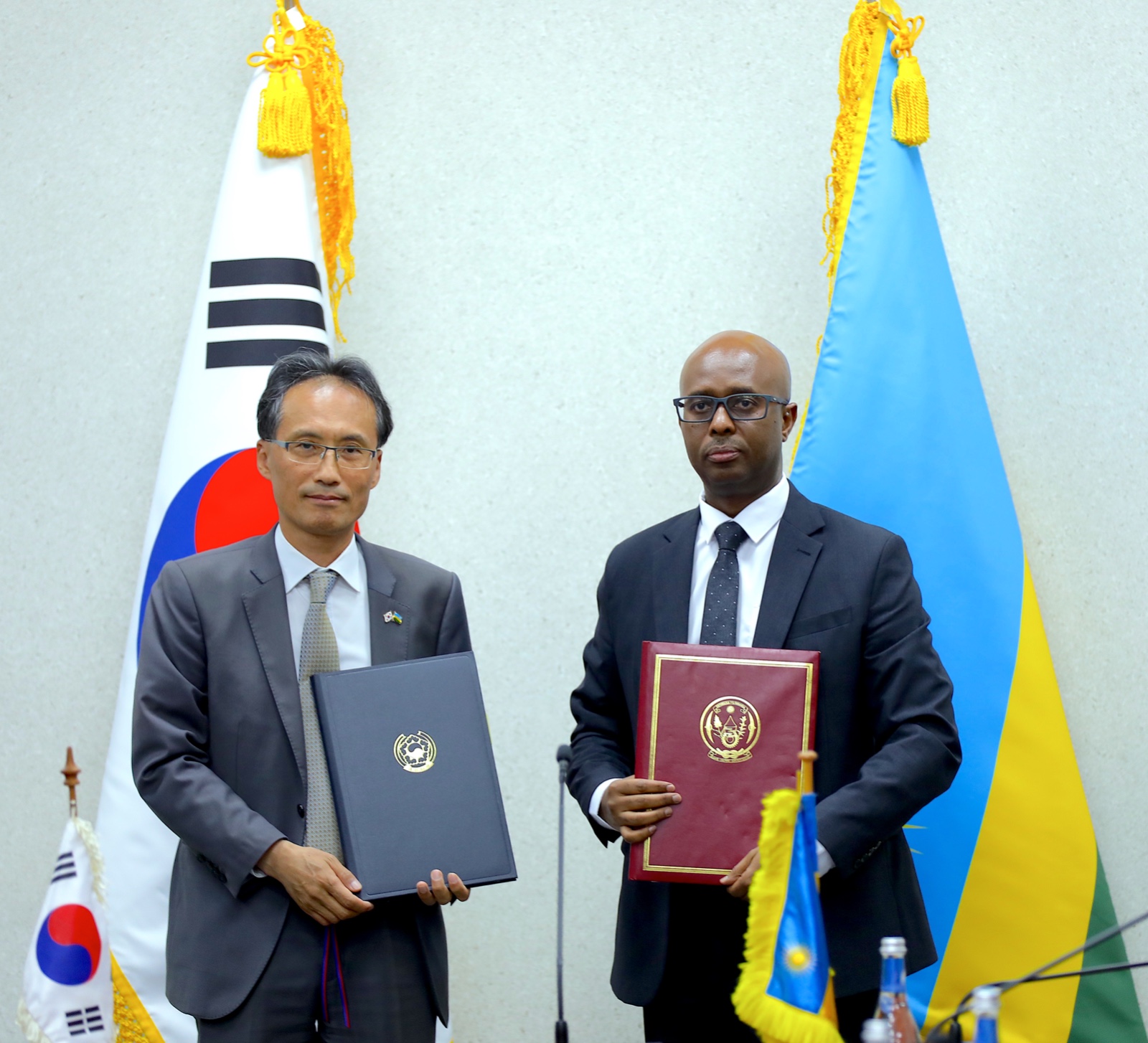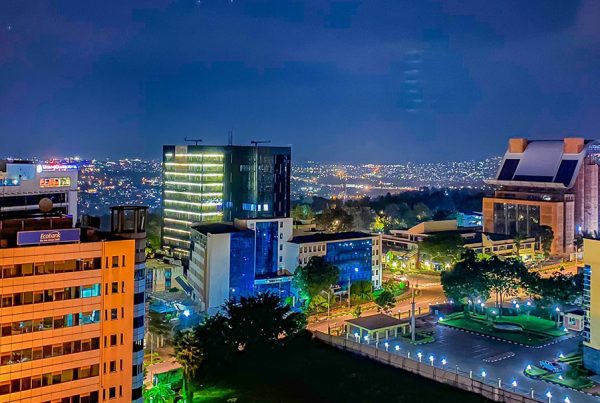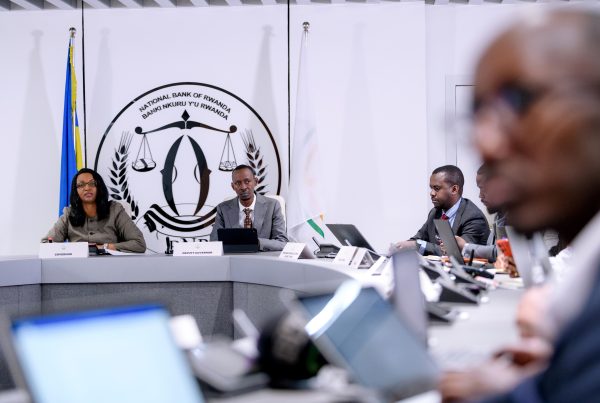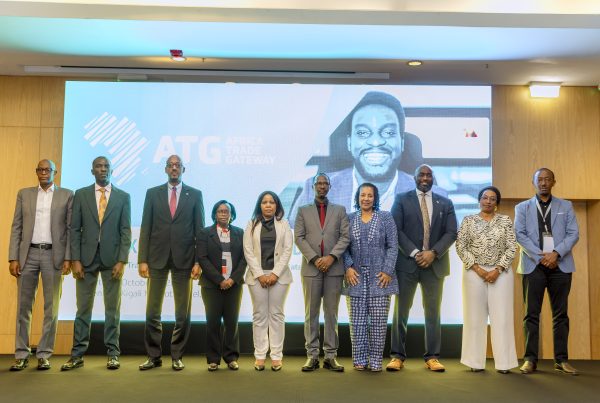Government of Rwanda and the Republic of Korea signed have a $1 billion financing arrangement aimed at providing concessional funding for a range of projects, of which will be channeled through the Economic Cooperation Development Fund, the Ministry of Finance and Economic Planning, Yusuf Murangwa told reporters today.
According to Murangwa, the new framework arrangement replaces the previous one signed in 2022, which had an allocation of $500 million for the period 2022-2026.
“Rwanda-Korea current bilateral cooperation is aligned to our National Strategy for Transformation and plays a pivotal role in enhancing Rwanda’s human capital for the 21st century, transforming our agricultural sector, establishing a foundation for ICT-led governance, and nurturing a thriving business environment. The framework signed is a significant milestone in our bilateral cooperation and provides assurances to achieve even more results in areas of our engagement,” Murangwa said.
The framework agreement will cover the years 2024 to 2028, this four-year deal will be aligned with Rwanda’s second National Strategy for Transformation (NST2) and is set to support projects in key sectors of the Rwandan economy, including transportation, healthcare, and education.
According to the Ambassador of the Republic of Korea to Jeong Woo Ji, the signing of this MoU will serve as a good foundation for strengthening our reliable partnership.
““I trust that the EDCF Framework Arrangement signed today will serve as a robust foundation to elevate the relations between our two countries to the next level after the inaugural 2024 Korea-Africa summit where H.E. President Kagame attended. I believe there is more room to cooperate in bilateral relations, especially based on the continuous cooperation in Agriculture, ICT, Education, Health and Infrastructure,” Woo Ji said.
Rwanda and the Republic of Korea have a longstanding history of warm bilateral and multilateral development cooperation dating back to 1963. Key areas of collaboration between the two nations include education and capacity building, rural development, healthcare, energy, agriculture, and information and communications technology.
END





